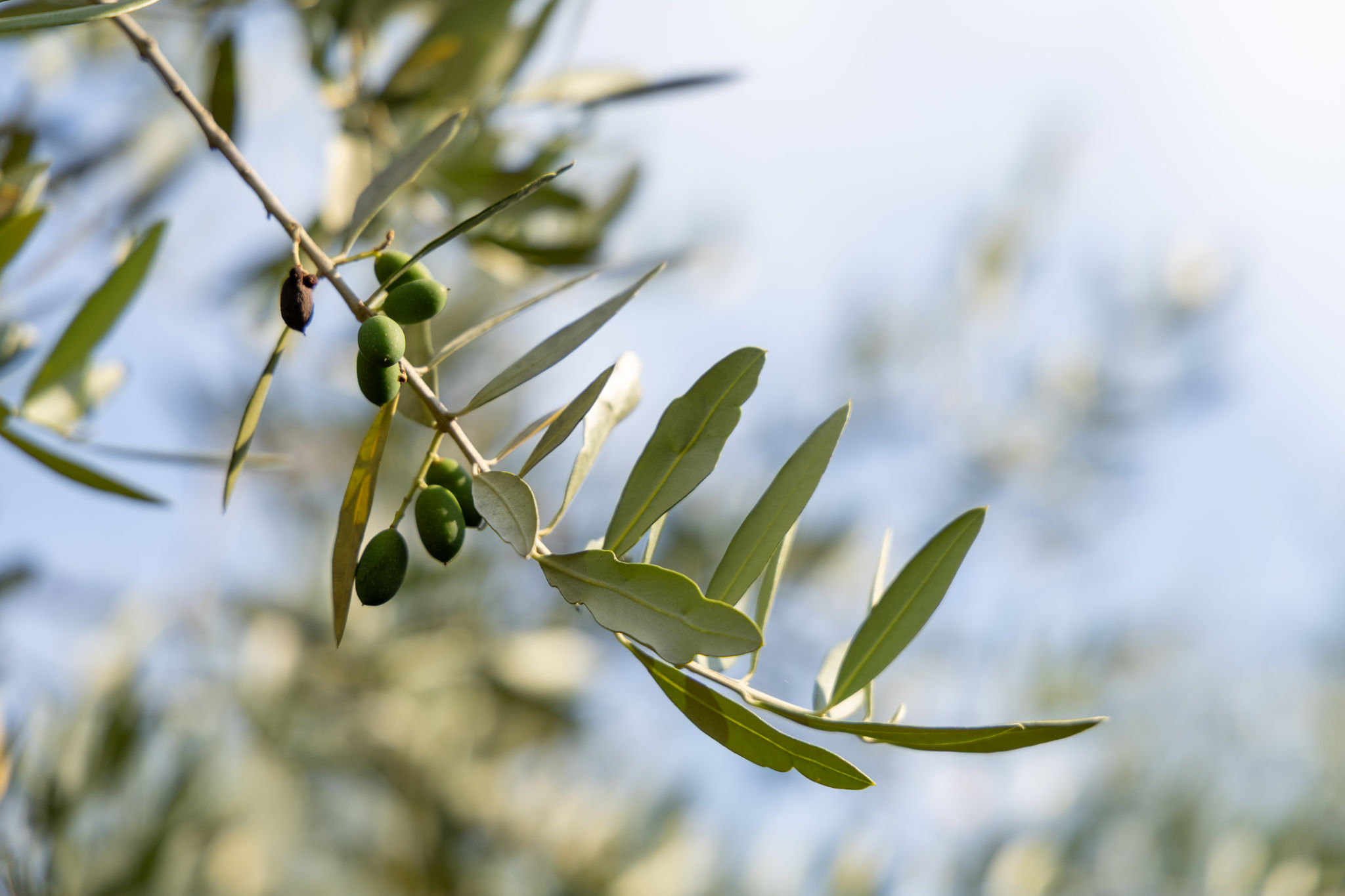5 Common Myths About Olive Farming Debunked
Understanding Olive Farming: Dispelling Common Myths
The world of olive farming is as rich and complex as the flavors of the olives themselves. Yet, many misconceptions surround this ancient agricultural practice. In this blog post, we'll explore and debunk five common myths about olive farming, offering a clearer picture of what it truly entails.

Myth 1: Olive Trees Require Constant Watering
A prevalent myth is that olive trees need constant irrigation to thrive. In reality, olive trees are remarkably drought-tolerant. Originating from the Mediterranean region, they are naturally adapted to dry climates. While young trees require regular watering to establish their roots, mature olive trees can survive on minimal water, relying on deep root systems to access moisture.
Overwatering can actually be detrimental, leading to root rot and affecting the quality of olives. Therefore, careful water management is crucial to maintain a healthy olive grove.
Myth 2: Olives Can Be Harvested Anytime
Another misconception is that olives can be harvested at any time of the year. The truth is that the timing of the harvest significantly impacts the quality and flavor of the olives and the oil produced from them. Typically, olives are harvested in the autumn and early winter months when they have reached the desired ripeness.

Harvesting too early or too late can affect the oil yield and taste. Farmers must carefully monitor their groves and choose the optimal time for harvesting to ensure the best quality product.
Myth 3: All Olive Oils Are the Same
Many people believe that all olive oils are created equal, but this couldn't be further from the truth. There are several grades of olive oil, ranging from extra virgin to refined, each with distinct qualities. Extra virgin olive oil is considered the highest quality, made from pure, cold-pressed olives without any chemical processing.
The differences in processing methods and olive varieties result in a wide range of flavors and nutritional profiles. Understanding these variations can help consumers make informed choices about which type of olive oil best suits their needs.
Myth 4: Olive Farming Is Only for Large-Scale Producers
Some believe that only large companies can successfully engage in olive farming. However, small-scale farmers around the world cultivate olives with great success. Olive trees are well-suited to small farms due to their low maintenance requirements and adaptability to various soil types.

With careful planning and management, small-scale farmers can produce high-quality olives and olive oil, contributing to local economies and preserving traditional farming practices.
Myth 5: Olive Trees Have a Short Lifespan
There's a common myth that olive trees have a short lifespan. In truth, olive trees are one of the longest-living tree species. Some trees have been known to live for hundreds, even thousands, of years. This longevity makes them a symbol of endurance and resilience across cultures.
Their ability to survive in harsh conditions and continue producing fruit for centuries makes olive trees a valuable asset to farmers who are committed to sustainable agriculture.
By debunking these myths, we gain a deeper appreciation for the complexities and rewards of olive farming. Whether you're a consumer looking to make informed choices or an aspiring farmer considering starting your own olive grove, understanding these truths about olive farming will enrich your perspective on this timeless agricultural tradition.